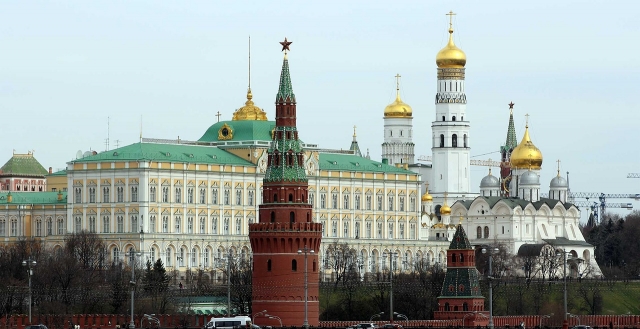Study on Russian Propaganda in Georgia
Since the collapse of the USSR and the independence of Georgia, Russia has still interfered with the domestic politics of Georgia. Over the 20 past years, Russia has used its hard power to keep control on its former soviet republic’s future by supporting the self-proclaimed state of Abkhazia and South Ossetia, but, it has also relied on its soft power, i.e. propaganda. According to a study entitled 'Disinformation Resilience in Central and Eastern Europe' by the DRI - Disinformation Resilience Index, currently Georgia continues to face strong propaganda throughout its territory due to religion, language, economics and minorities.
The study is aimed at assessing national vulnerabilities and preparedness to counteract foreign-led disinformation in 14 countries of Eastern and Central Europe. The Visegrad states (Czech Republic, Hungary, Poland, Slovakia), Eastern Partnership countries (Azerbaijan, Armenia, Belarus, Georgia, Moldova, Ukraine), the Baltic countries (Estonia, Latvia, Lithuania) and Romania are covered. An integral part of the research is the Disinformation Resilience Index, which is quantitative assessment of exposure to Kremlin-led disinformation and the level of national resilience to disinformation campaigns.
First with regards to Georgia, the study claims Russian propaganda can be effective thanks to the orthodox religion, as the Georgian population is, generally speaking, supportive of nations sharing the same religion, including Russia.
According to the study, the Russian language factor should be taken into account. Russian is the main foreign language in Georgia, with 72% of citizens speaking it fluently while only 20% speak English. However, youth are more likely to learn English at school nowadays.
Another problem which the study claims helps the Kremlin's propaganda, is the nostalgia the elderly have towards the society of the past. Moscow takes advantage of this "to instigate a sense of nihilism about European integration in Georgia".
Then, ethnic minorities (Armenians, 4.5%; Azerbaijanis, 6.3%) are targeted. Many do not know the Georgian language well or at all, which is a serious barrier to their integration into Georgian (and European) society. As a result, they often use foreign sources of information, including Kremlin-governed media.
Last, Russia is one of the biggest economic partners of Georgia, and "Georgian entrepreneurs who are dependent on the Russian market are said to have become extremely vulnerable to the propaganda".
Study: http://prismua.org/wp-content/uploads/2018/06/DRI_CEE_2018.pdf.
By Antoine Dewaest
Photo: Ssolbergi












